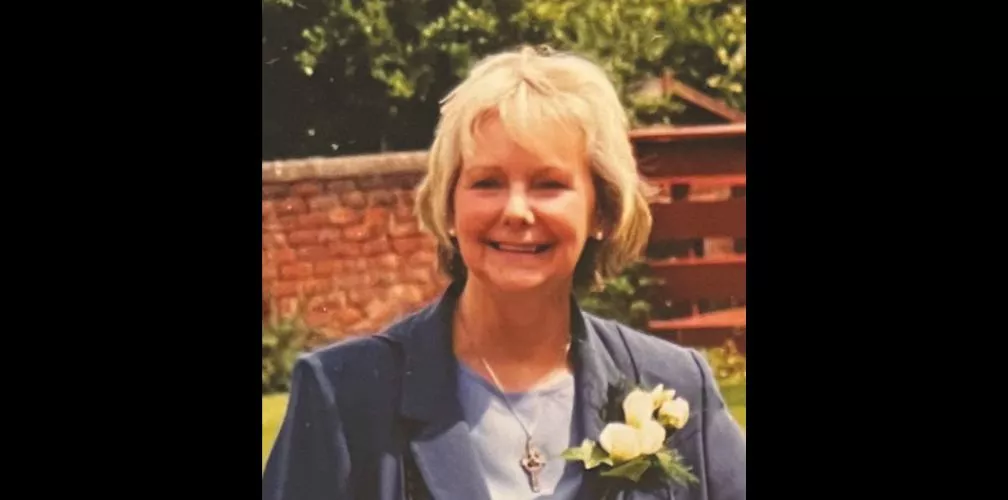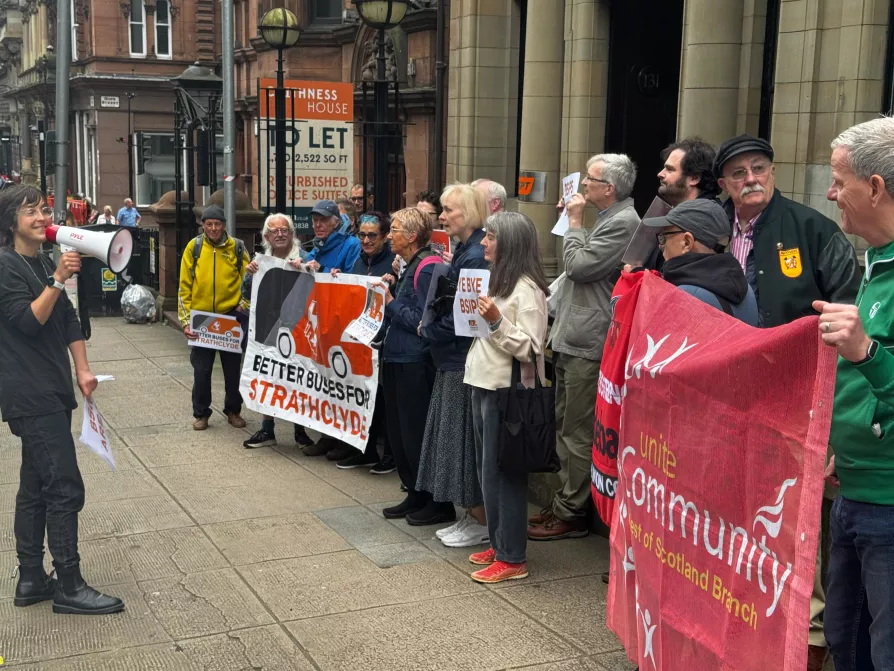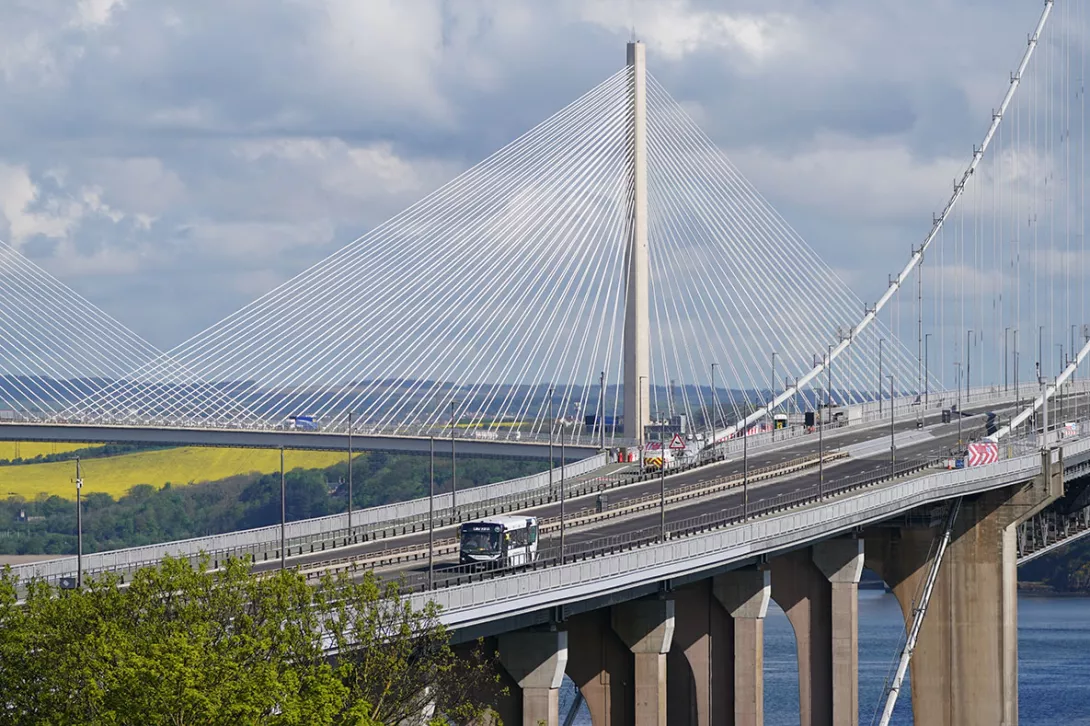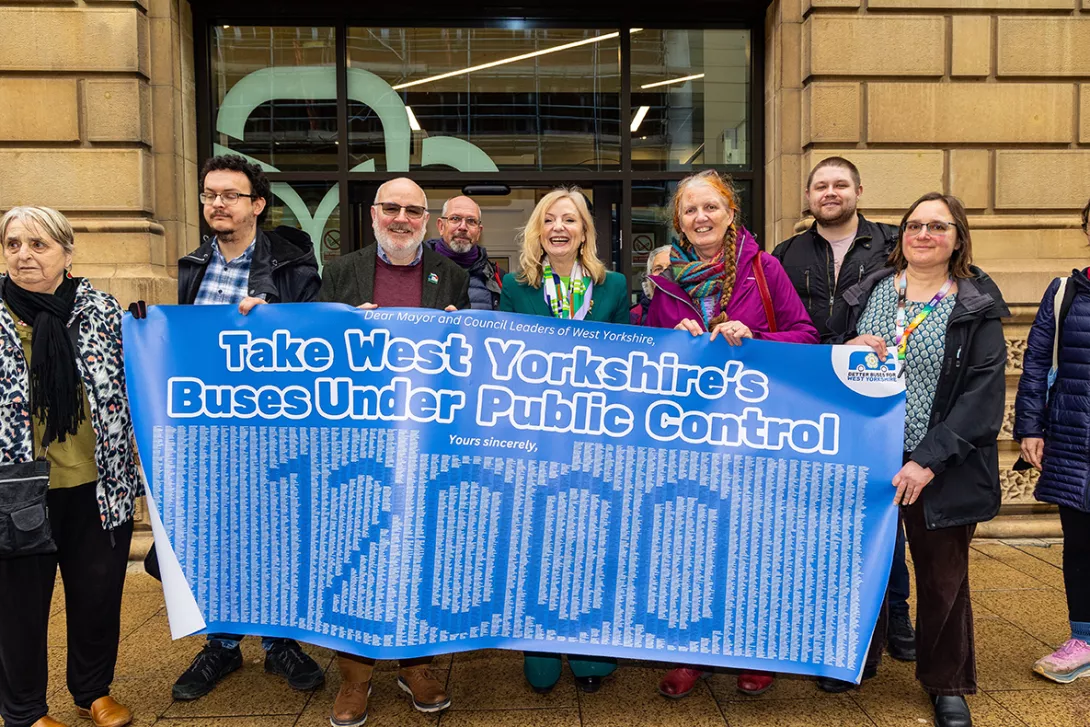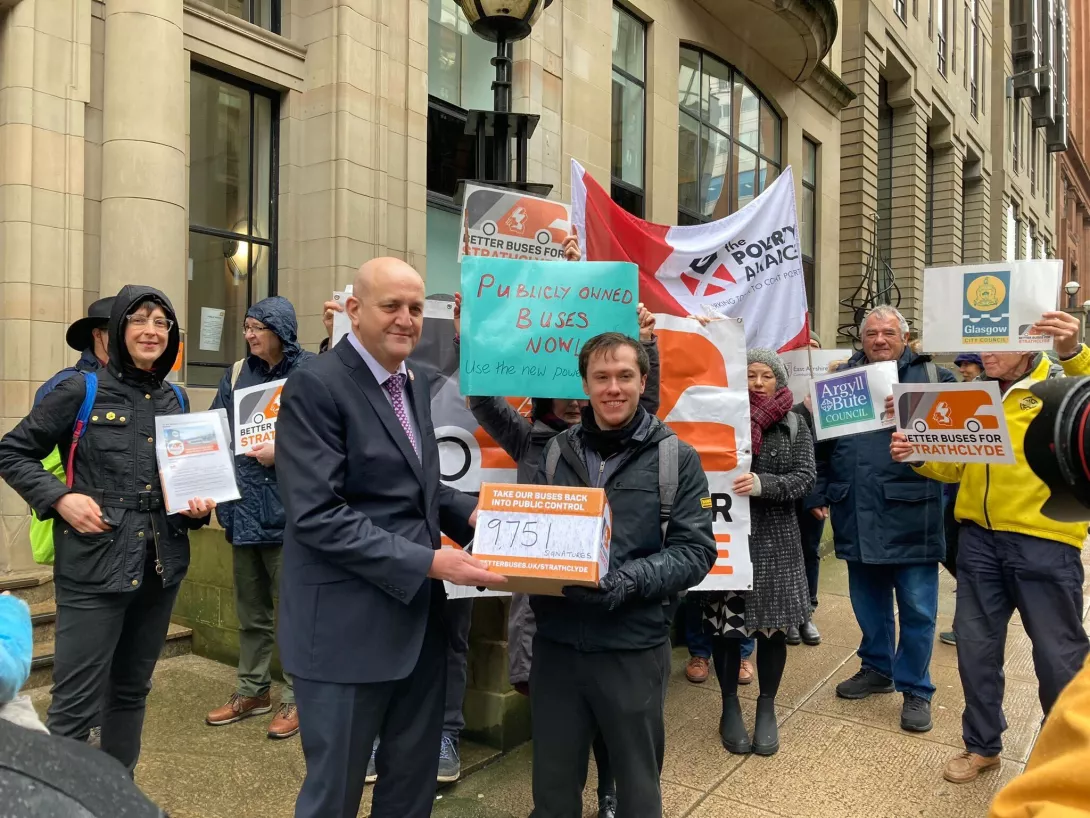VIJAY PRASHAD examines why in 2018 Washington started to take an increasingly belligerent stance towards ‘near peer rivals’ – Russa and China – with far-reaching geopolitical effects
The battle for our buses
Since Scotland’s buses were deregulated more than 30 years ago, fares have soared and passenger numbers have slumped. It’s time for Glasgow to follow Manchester and Liverpool and take back control of its bus network, says SUSAN GALLOWAY
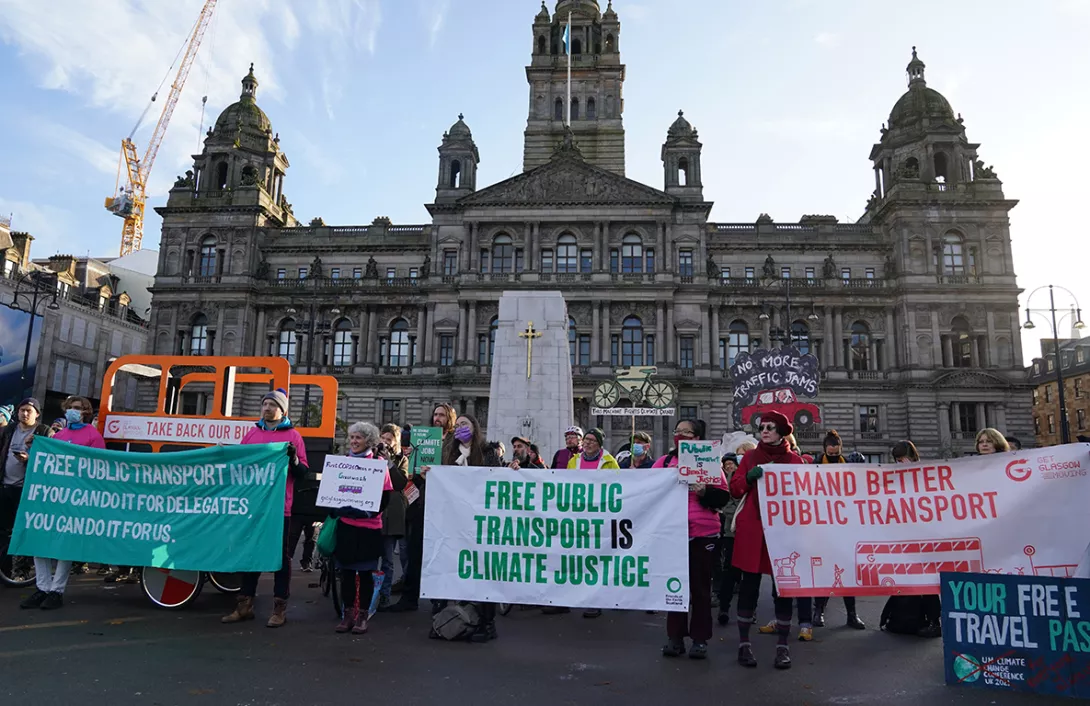
THE 40,000 delegates to Cop26 left Glasgow having enjoyed the benefit of a free integrated public transport system during their stay.
They each had an Oyster-style travelcard allowing them to travel for free, hopping on and off the subway, trains and a fleet of electric buses brought in to run every five minutes to the conference venue. It was a service the citizens of Glasgow can only dream of.
The reality is that Scotland’s public transport system is a national disgrace. The powers for change which came with the Scottish Parliament have been squandered.
More from this author
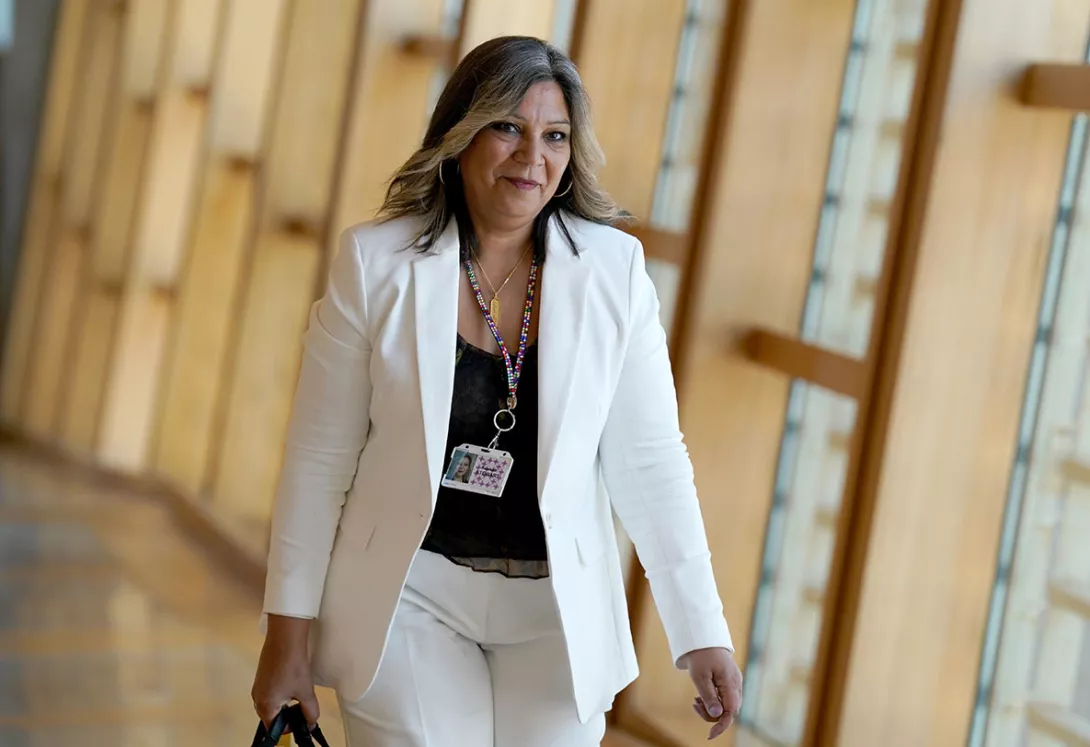
An independent review has condemned the rape crisis centre for failing to protect women or put survivors first. SUSAN GALLOWAY asks how it came to this










